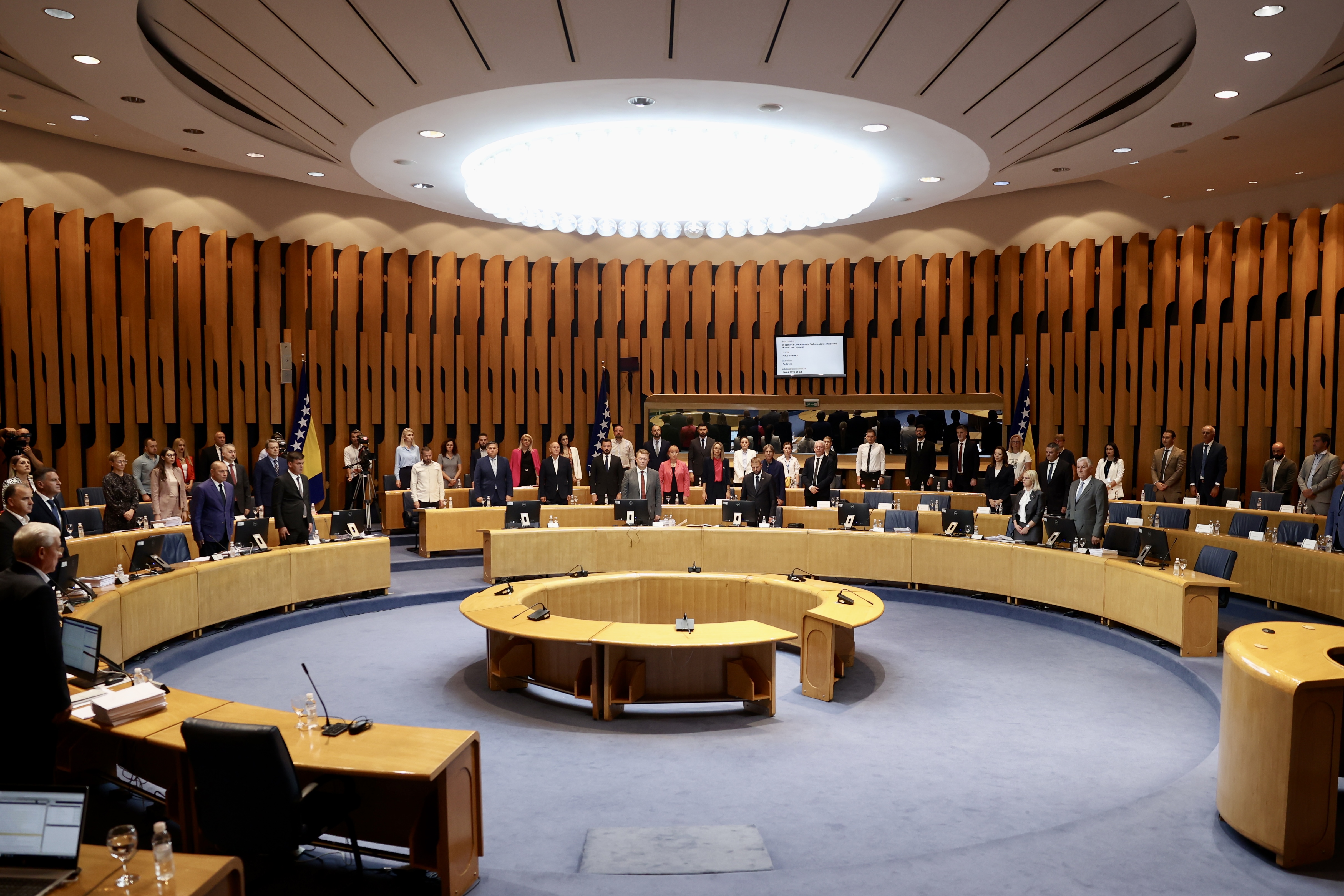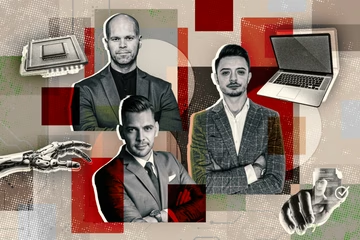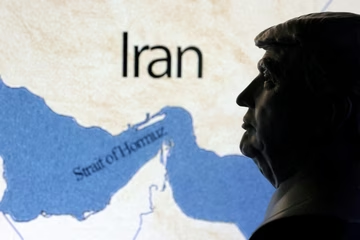Dodik's SNSD blocks decision-making in BiH Parliament over law on Constitutional Court

Bosnian State Parliament's upper chamber failed to adopt a single law proposal that was in procedure due to the lack of entity majority from Republika Srpska i.e. the objection of MPs of the SNSD party of Bosnian Serb leader Milorad Dodik.
Oglas
The SNSD MPs previously announced they would block all the law proposals in the House of Peoples until the law on the Constitutional Court of Bosnia and Herzegovina is adopted.
Among the proposals, that were previously adopted in the House of Representatives, were the Law on the Basics of Traffic on the Roads of BiH, which treat the issue of vehicles carrying the persons with disabilities, then the Law on the Work in the Institutions of BiH, concerning the work of parents after the maternity leave, well as the Law on the Value Added Tax, which defines threshold for tax payers and registration of entrepreneurships.
The four SNSD deputies in the upper house insisted that the three foreign judges sitting on the Constitutional Court of Bosnia and Herzegovina be removed from that judicial institution before they give approval for the adoption of the legislation in the parliament. Their ultimatum was supported by the HDZ BiH party, while three Bosniak and civic parties that make up the ruling coalition were opposed to this ultimatum.
The first law on the parliament's agenda that we will vote on will be the law on the Constitutional Court, said an SNSD deputy in the House of Peoples, Radovan Kovacevic.
This move ensued the day after the Serb ministers in the state government obstructed a discussion on some bills.
Foreign Minister Elmedin Konakovic warned on Tuesday that the work of the Council of Ministers was blocked due to blackmail from Republika Srpska, which was indirectly confirmed by his colleagues in the Council, representatives of the Serbs, who did not want to vote for European reform laws.
The Minister of Foreign Trade, Stasa Kosarac, who comes from the ranks of Bosnian Serbs, explained that he would not support any bill until the foreign judges were removed from the Constitutional Court of Bosnia and Herzegovina.
The Constitutional Court has nine members: six judges are elected by the respective assemblies or parliaments of the country's two entities (four members are elected by the House of Representatives of the Federation of Bosnia and Herzegovina, and two members are elected by the National Assembly of the Republika Srpska), while the remaining three judges are foreign nationals, appointed by the President of the European Court of Human Rights in consultation with the Presidency of Bosnia and Herzegovina.
Kakvo je tvoje mišljenje o ovome?
Učestvuj u diskusiji ili pročitaj komentare
Oglas
Kakvo je tvoje mišljenje o ovome?
Učestvuj u diskusiji ili pročitaj komentare
Oglas





 Srbija
Srbija
 Hrvatska
Hrvatska
 Slovenija
Slovenija



























































